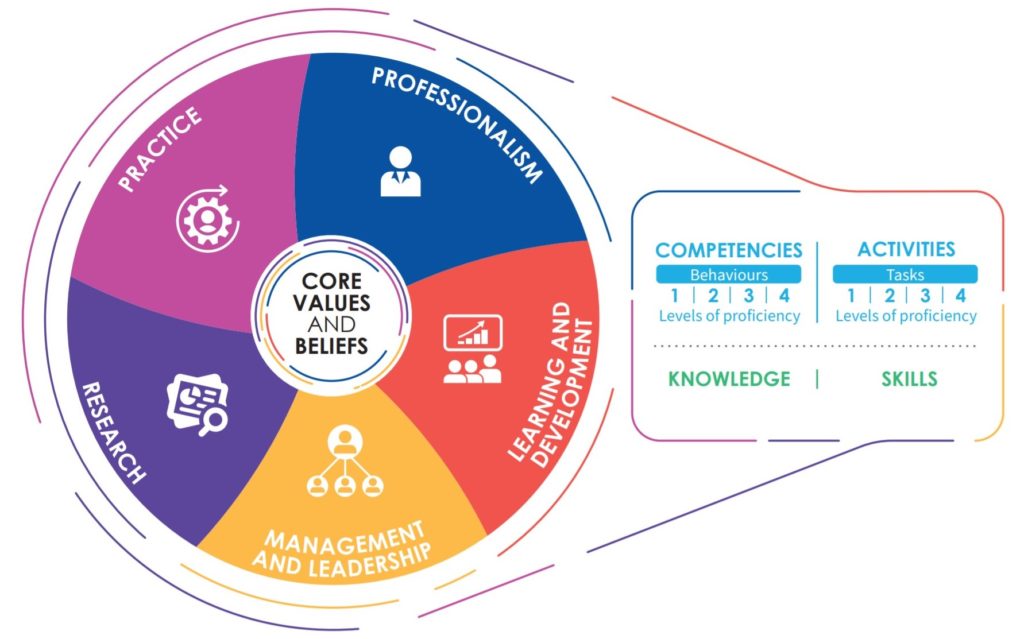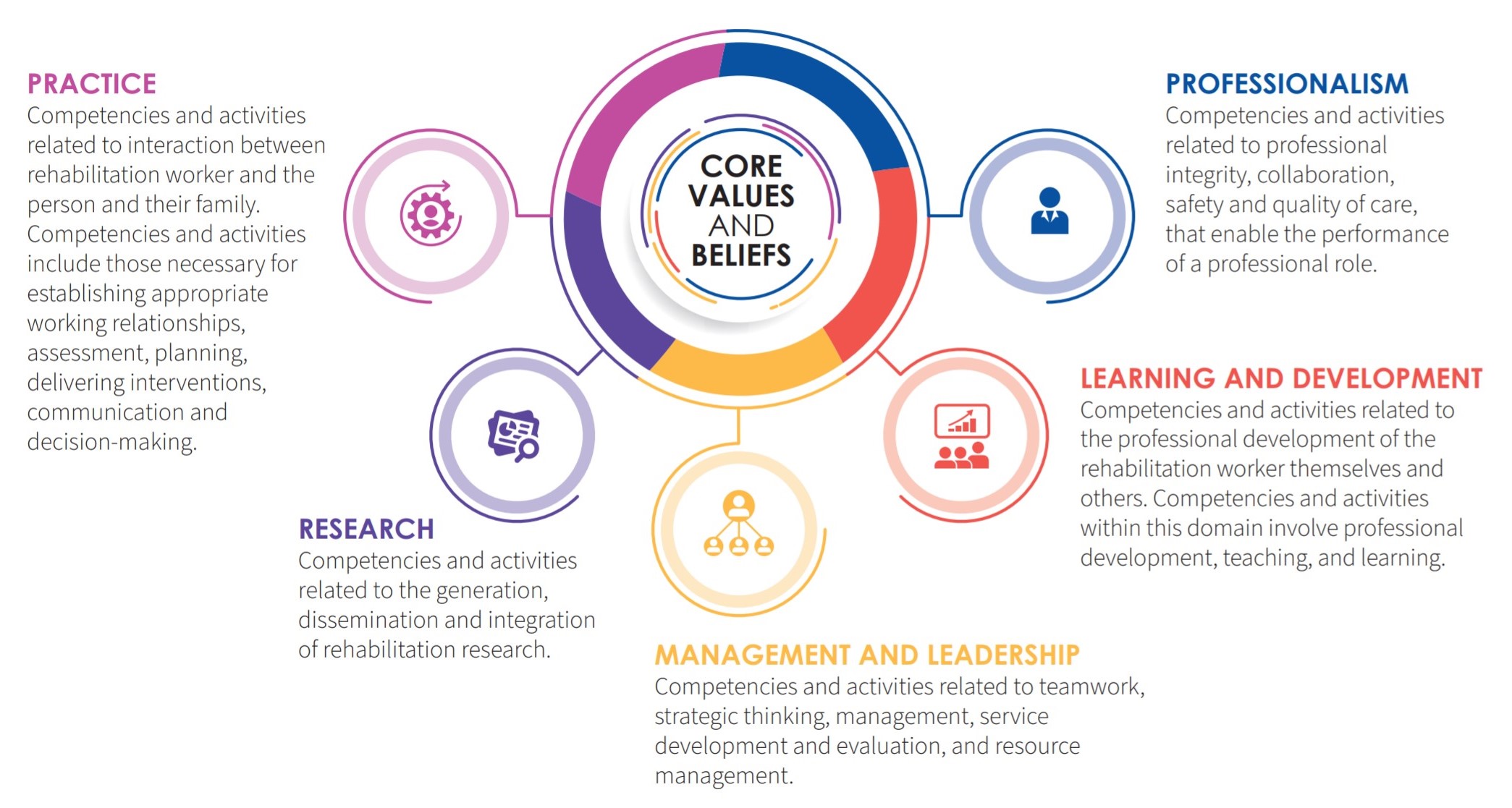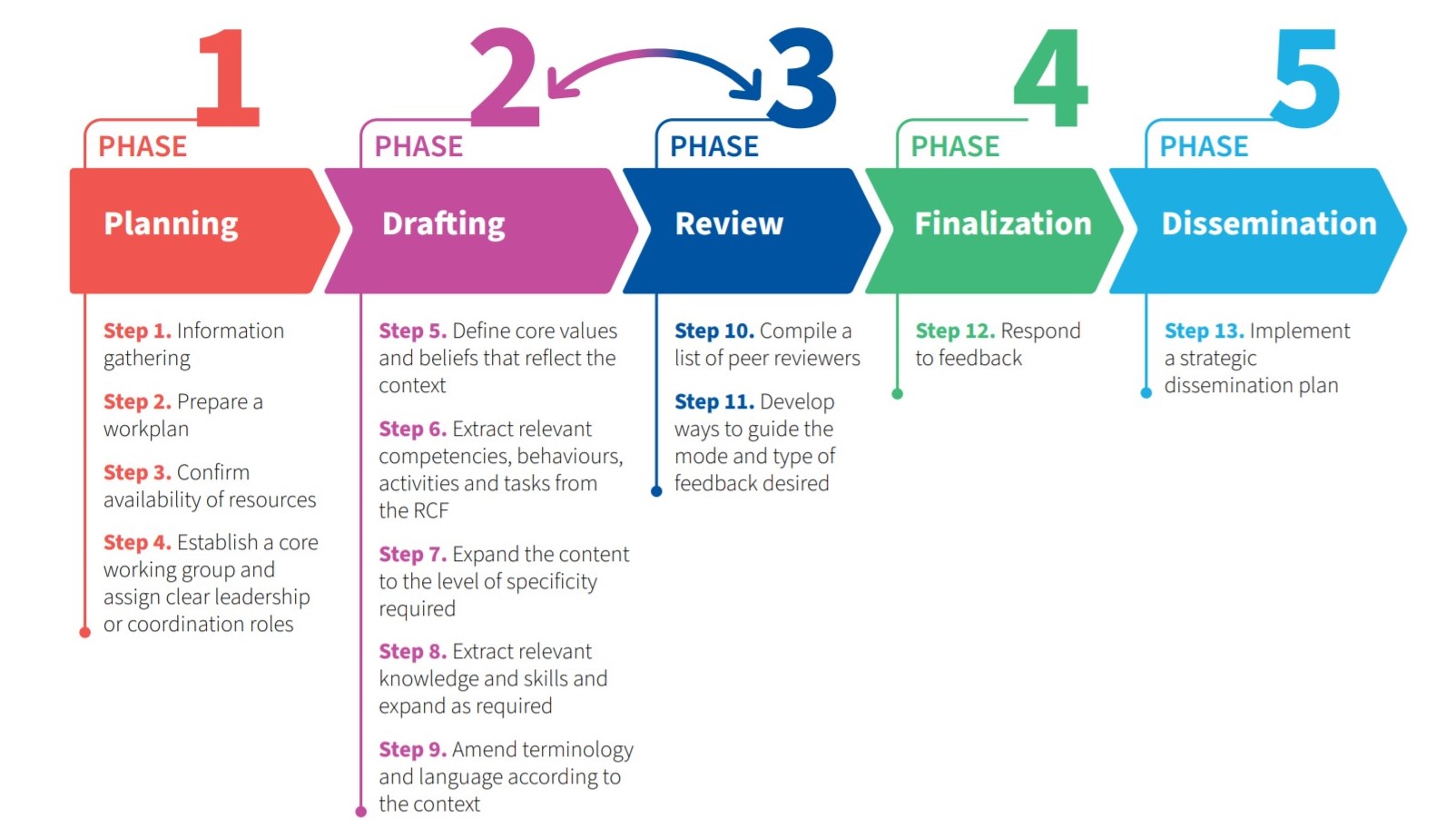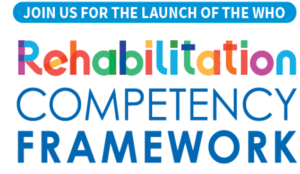With the new Rehabilitation Competency Framework we will see an emergence of new context specific models of rehabilitation underpinned by upskilled rehabilitation professionals. Register now for the virtual launch event on the 26th Feburary to find out more.
Rehabilitation is a critical health strategy to enabling participation in education, work, and society; but too often, lack of access to trained rehabilitation workers leaves needs unmet.
As health systems progress towards universal health coverage and encounter the growing challenges of rising prevalence of noncommunicable diseases, ageing populations, and the consequences of health emergencies, the importance of a strong rehabilitation workforce becomes more apparent than ever.
Yet around the world, the capacity for building and sustaining a multidisciplinary rehabilitation workforce capable of effectively addressing population needs effectively is widely variable and is largely lacking in many low- and middle-income settings
As countries seek to scale up the production of rehabilitation workers, the newly published Rehabilitation Competency Framework will be a key tool to help ensure they have the competencies necessary to deliver quality care across the scope of rehabilitation needed by the population.

The development of the framework was led by the World Health Organisation and developed in collaboration with an expert technical working group and a broad range of rehabilitation professionals from low, medium and high income countries.
What is The Rehabilitation Competency Framework
The Rehabilitation Competency Framework is a model that communicates the expected or aspired performance of the rehabilitation workforce across different countries and settings to enable quality care and service delivery.
The RCF comprises of five domains centred around core values and beliefs which sit at the heart of the framework. This core help shape the behaviour of a rehab worker and their performance of tasks across all the RCF domains.
The four core values are; Compassion and empathy, sensitivity & respect for diversity, dignity & human rights and self-determination.
The four core beliefs are that rehab should be person centred, collaborative, available to anyone who needs it and that functioning is central to health. After all a human-being is a human doing.
The Five Domains are:
- Practice
- Professionalism
- Learning and Development
- Management and Leadership
- Research
The domains collectively capture how the rehabilitation workforce behave in order to perform effectively (competencies), and what they do (activities). Competencies are broken down into behaviours; and activities into tasks. Each is described across four levels of proficiency.

Each domain also describes the knowledge and skills that underpin the activities and competencies. These include core knowledge and skills, as well as those that are specific to an activity.
The components of the RCF along with the competencies, activities and tasks are explored in detail within the framework document.
How Should The RCF Be Used?
The RCF should be adapted to a specific context. The World Health Organisation has created a methodical guide for adapting the RCF to specific contexts, such as for a particular profession, specialisation or setting.
The RCF was designed to provide an organisational structure and language for developing rehabilitation rehab competency frameworks that can be applied regardless of the intended audience or application. However to achieve this every framework should reflect local values and beliefs.
There is no one agreed way of approaching this adaptation however it is important to apply good practice by adopting a systematic approach to ensure a positive outcome. The WHO have created a supplementary guide for competency framework developers, the overall process is summarised in the image below.

A Universal Rehabilitation Curriculum
As part of the USAID funded ReLAB-HS project and led by Physiopedia, the RCF forms the groundwork for the development of a framework for foundational rehabilitation education which will include an international and inter-professionally relevant toolset that will facilitate the time and cost efficient development of curricula that are context specific.
Based on research and consensus activities the framework will include a standard core rehabilitation curriculum which emphasises a client-centered, evidence-based approach with a focus on addressing challenges presented in low-resource, conflict-affected and culturally diverse settings. This curriculum will draw upon a wide range of existing curricula, the RCF and other WHO resources such as the Package of Rehabilitation Interventions and Training for Assistive Products and, in collaboration with stakeholders, will incorporate findings from a global needs assessment survey.
The framework will also include resources to assist rehabilitation professionals to develop and deliver their own curriculum such as example curricula, support for training trainers, digital literacy tools and guidelines for implementing blended learning. It will be designed to be easily adopted and adapted to local needs and will incorporate innovative digital solutions to facilitate implementation.
Launch Event
 On the 26th of February the WHO is holding a virtual launch event of the framework. The event will bring together some of the world’s leading health workforce experts, along with members of the international team that supported the development the RCF, to deliver a rich agenda.
On the 26th of February the WHO is holding a virtual launch event of the framework. The event will bring together some of the world’s leading health workforce experts, along with members of the international team that supported the development the RCF, to deliver a rich agenda.
Participants will gain an understanding of the role and potential of the RCF in addressing workforce challenges faced in rehabilitation, and learn how it can be used in real world scenarios to bring us closer to the vision of Rehabilitation 2030: That everyone who needs rehabilitation has access to timely, quality services.